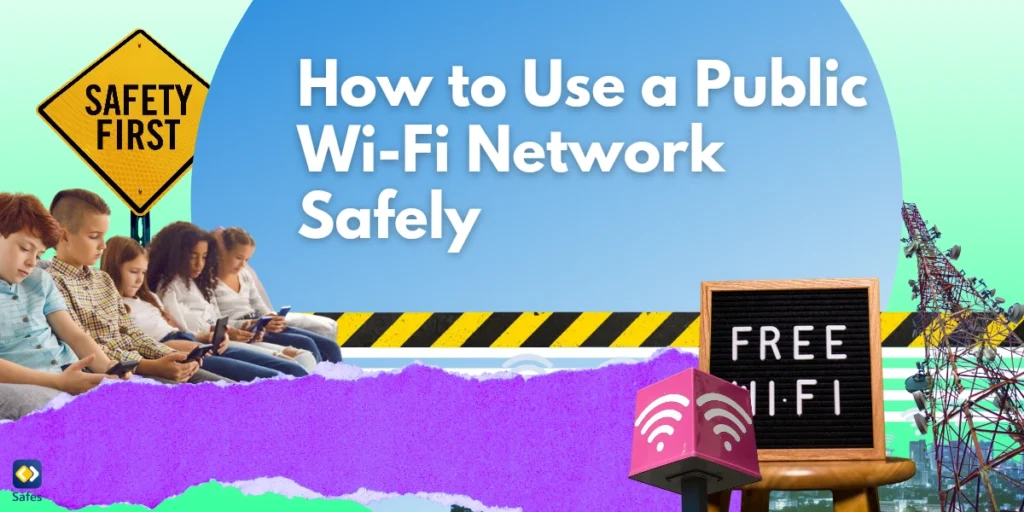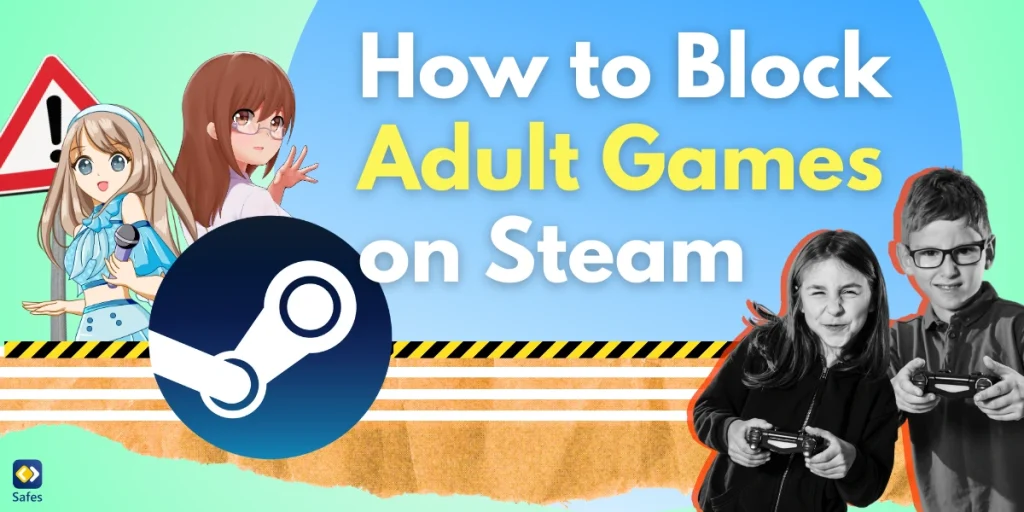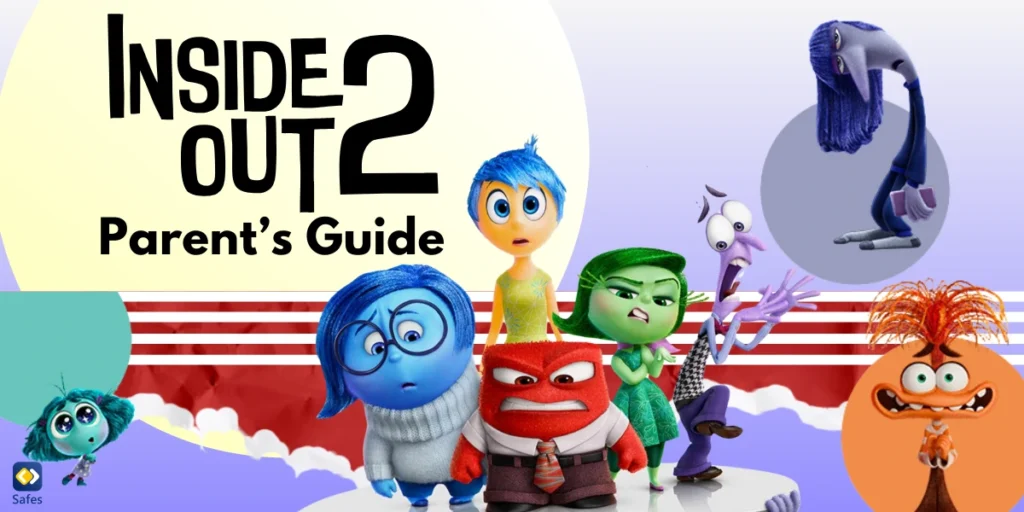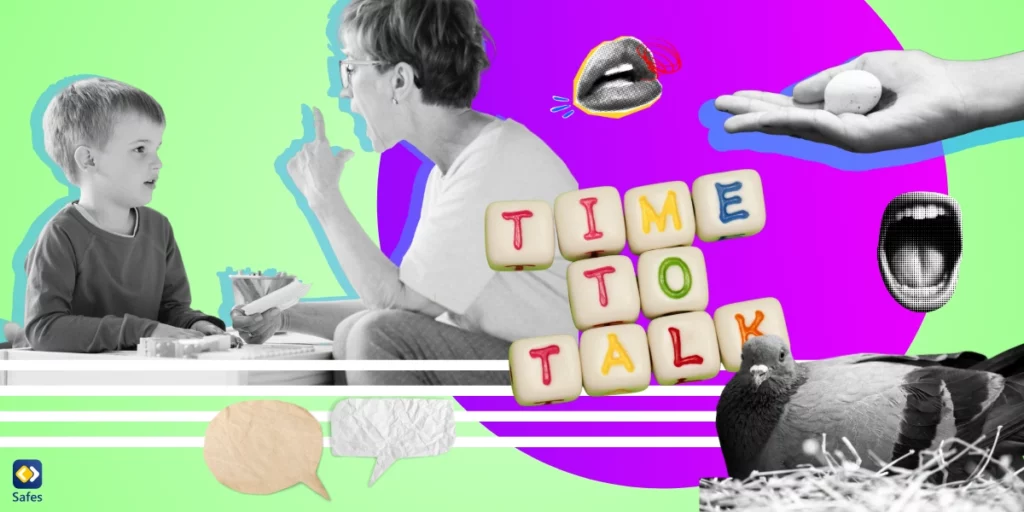Social media envy is a new phenomenon, a negative byproduct of social media. It means feeling discontented or jealous when we compare ourselves to others on social media platforms. Let’s face it, with the constant stream of curated posts, it’s easy for kids to feel left out or inadequate. But just how much impact does social media have on our children’s mental health? Read on to find out!
Download and Start Your Free Trial of the Safes Parental Control App
Understanding Social Media Envy
The digital age has brought us many benefits, but it also has downsides. Social media envy statistics indicate that this is a growing problem among kids. Social media envy is the feeling of jealousy, insecurity, or inferiority triggered by other people’s social media posts. It’s a complex issue that can harm children’s mental health.
There are several factors contributing to social media envy:
The highlight reels and comparison trap: Kids see other people’s perfect lives on social media, and they compare themselves to this unrealistic standard. They feel like they’re not good enough or missing out on something.
Influencer culture: Influencers promote unrealistic standards of beauty, lifestyle, and success, making kids feel like they need to attain these standards to be happy or successful, which can result in feeling inadequate and having low self-esteem.
FOMO (Fear of Missing Out): Kids feel like missing out on something exciting or important when they see their friends’ social media posts, leading to anxiety and stress.
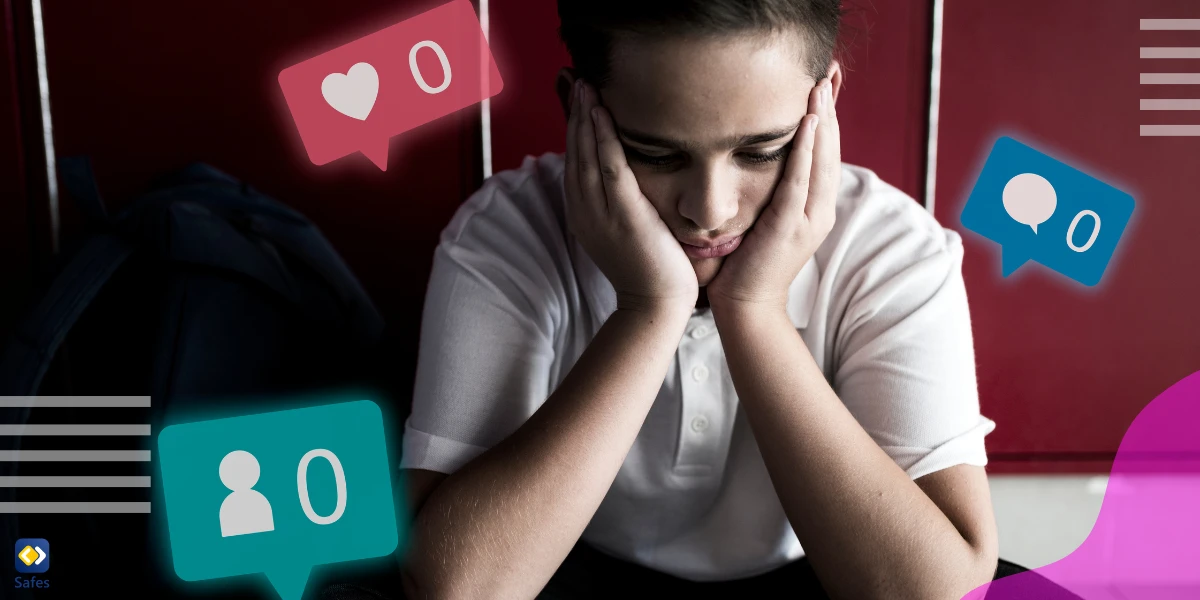
Effects of Social Media Envy on Children
Social media envy depression is a growing concern among children and teenagers who are constantly exposed to the curated online personas of their peers and influencers. The pressure to measure up to these standards can have a significant impact on their mental health in these areas:
- Emotional well-being and self-esteem
- Body image dissatisfaction
- Relationships and friendships
Emotional well-being and self-esteem are often the first to take a hit, as children compare themselves to others and feel inadequate, which can lead to a vicious cycle of self-doubt, anxiety, and depression.
Body image dissatisfaction is another common effect of social media envy, as children are bombarded with unrealistic beauty standards, which can trigger disordered eating, low self-esteem, and other mental health issues.
Finally, social media envy can harm relationships and friendships, as children may feel jealous or resentful of their peers’ online popularity, leading to feelings of isolation and loneliness, further exacerbating their mental health struggles.
Related Articles:
- Digital Literacy: How to Burst the Social Media Filter Bubble
- How Social Media Fuels Attention Seeking Behaviors in Children
- How Social Media Algorithms Keep You Addicted- A Parent’s Guide
Recognizing Signs of Social Media Envy in Children
Social media envy is a tricky subject to tackle. Still, it’s essential to recognize the signs of jealousy on social media so we can help our little ones navigate the world of social media with a healthy mindset. Here are a few things to keep an eye out for:
Behavioral changes and mood swings: If your child suddenly becomes moody or irritable after spending time on social media, it could be a sign that they’re struggling with feelings of envy. They may also become more withdrawn or anxious, affecting their relationships with friends and family.
Excessive social media usage and validation-seeking behaviors: If your child constantly checks their phone for notifications or likes, it could be a sign that they seek validation from social media. This behavior can lead to a negative cycle of comparing themselves to others and feeling inadequate.
Social withdrawal or avoiding activities offline: If your child is spending more time online than actually engaging in activities offline, it could be a sign that they’re struggling with social media envy. They may feel like they can’t measure up to the highlight reels they see online, leading to isolation and loneliness.
Strategies to Help Children Deal with Social Media Envy
Here are some tips on how to recognize signs of social media envy in children and help them deal with it:
Open communication and empathy: First and foremost, open communication and empathy are essential. Make sure your child knows that they can talk to you about anything, including their feelings about social media. Listen to them without judgment and try to understand where they’re coming from.
Healthy relationship with social media: It’s vital to help your child develop a healthy relationship with social media. Encourage them to follow accounts that promote positivity and self-love and to take breaks from social media when they’re feeling overwhelmed.
Self-esteem and positive self-image: Promoting self-esteem and positive self-image is also crucial. Encourage your child to focus on their strengths and accomplishments and help them understand that social media is not a true reflection of reality.
Real-world connections and activities: Finally, encourage real-world connections and activities. Encourage your child to spend time with friends and family offline and to pursue hobbies and interests that don’t involve social media.
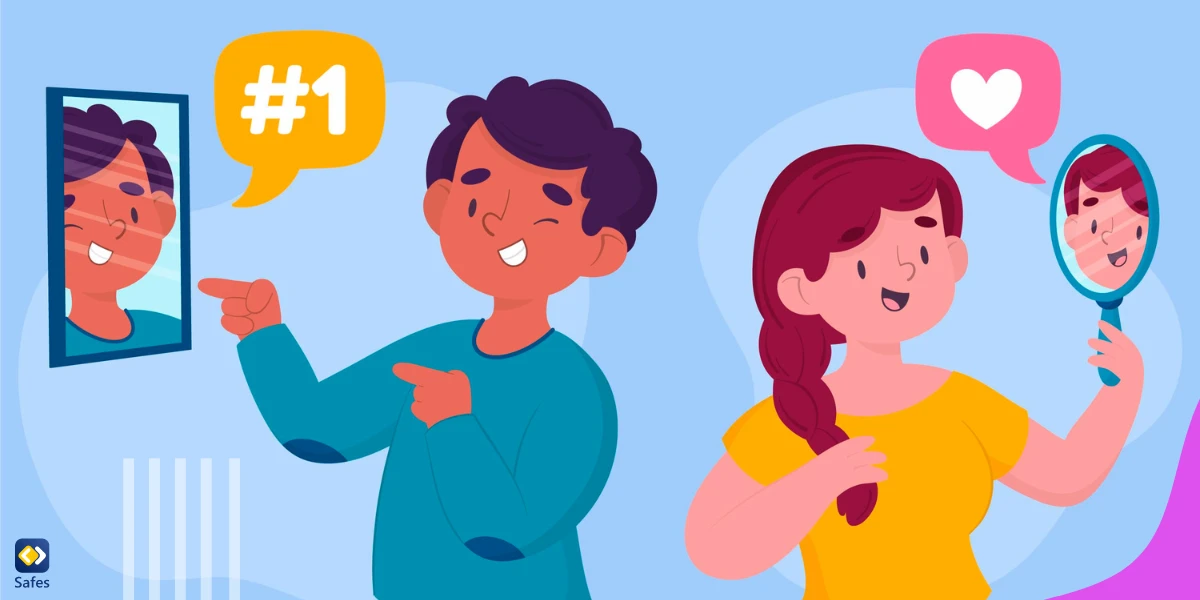
Role of Parental Control Apps in Managing Social Media Envy
If you’re looking for a comprehensive and reliable parental control app to protect your child against the negative outcomes of using social media, you should find Safes handy. This app is packed with features to help you manage your child’s social media usage and keep them safe online.
Safes offers a range of features to help you manage your child’s social media usage. One of the most important features is the ability to set boundaries and screen time limits, which means you can control how much time your child spends on social media and what they can access. You can also monitor their social media usage and content, so you can keep an eye on what they’re doing and who they’re interacting with.
Another great feature of Safes is that it educates children about responsible online behavior, which means your child will learn how to use social media in a safe, respectful, and responsible way. And finally, Safes provides a safe and supportive digital environment for your child, meaning you can rest assured that your child is using social media in a healthy and positive way.
So why not give Safes a try with the free trial it provides and see how it can help you manage your child’s social media usage? It’s available on all phones, tablets, and computers that use Android, iOS, Windows, and Mac operating systems. Learn how to set parental controls on different devices with Safes using the links below:
- Windows parental controls
- Macbook parental controls
- Parental controls on Android
- iPhone parental controls
Social Media Envy: Conclusion
As we wrap up our discussion about social media envy, it’s evident that this is a growing problem affecting children and young adults today. However, with the right strategies, we can help our children navigate the digital world and promote healthier relationships with social media. Open communication, self-esteem building, and real-world connections are crucial. Additionally, parental control apps such as Safes can further aid in managing social media envy by setting boundaries and providing a safe and supportive digital environment.
Remember, it’s essential to prioritize our children’s well-being and equip them with the tools necessary to navigate the digital age successfully.
Your Child’s Online Safety Starts Here
Every parent today needs a solution to manage screen time and keep their child safe online.
Without the right tools, digital risks and excessive screen time can impact children's well-being. Safes helps parents set healthy boundaries, monitor activity, and protect kids from online dangers—all with an easy-to-use app.
Take control of your child’s digital world. Learn more about Safes or download the app to start your free trial today!

